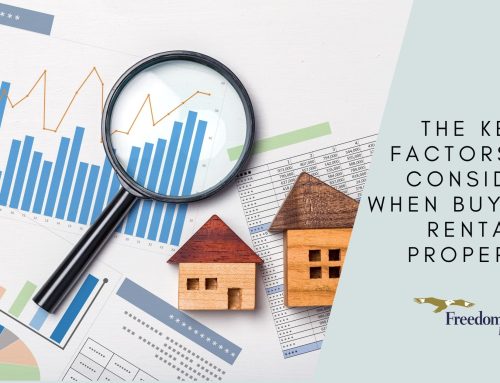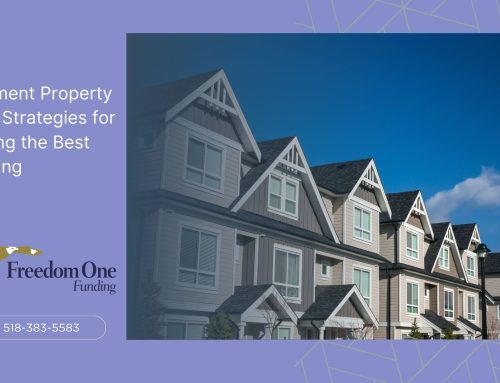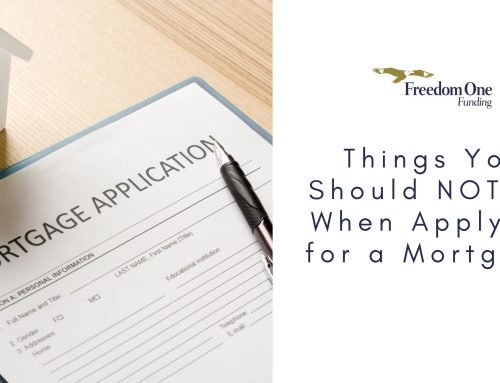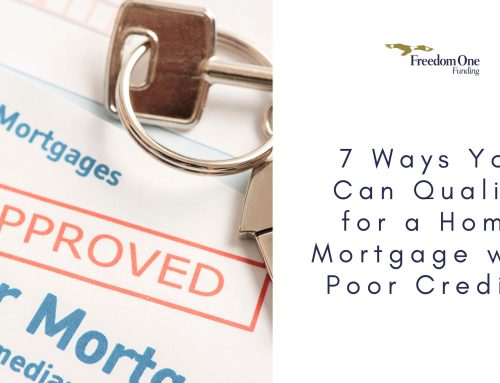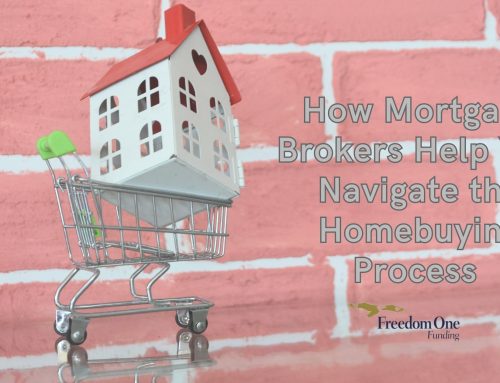The difference between mortgages for a second home or investment property
When you fill out a mortgage application, you will answer the question of how the property you want to purchase will be used. Options include primary home, second home, and investment property. The option you select will play a big part in determining your mortgage rate. These options also have different requirements before the mortgage can be approved.
Primary residences normally get the lowest interest rates. Lenders believe that a buyer will be apt to replay a mortgage for a house they live in, thereby reducing their risk. These mortgages are usually the easiest to get. Learn more about how mortgage rates are calculated in this blog post.
Second Homes
A second home is a home that you will live in for part of the year. If you are from the Capital Region and purchase a home in Florida to live in for part of the year, you have a second (or vacation) home. You can not get an FHA or VA loan for a second home. Some lenders will be stricter about loan requirements such as your credit score and debt to income ratio when applying for a second home mortgage. Interest rates on second homes can vary a great deal. Work with a mortgage broker that can help you get the best loan for your needs.
Investment Property
An investment property is one that you do not live in and purchase with the intention of generating an income from. You may use it occasionally, but it is not intended for your sole use. The interest rates on investment properties tend to be higher than those for a first and second home. An investment property is seen as a higher risk by most lenders. Therefore, you will have stricter loan requirements and a higher interest rate.
Mortgages for a Second Home or Investment Property
As part of the loan application process, you will be asked about current mortgages you have and properties that you own. This will be factored into your debt to income ratio and impact the terms a lender will give you.
Many people use their second home as an occasional rental property. You must use the home for at least 14 days out of the year or 10% of the time that it is occupied for it to be considered a second home. You can still deduct the mortgage interest and other items, as well as some of the costs if you rent it on a pro-rated basis (always consult an accountant for your specific situation).
At Freedom One Funding we can help you find a first, second, or investment property mortgage that is best suited for your situation. We pride ourselves on having the expertise and options and as independent mortgage professionals, we are accountable to our clients.


